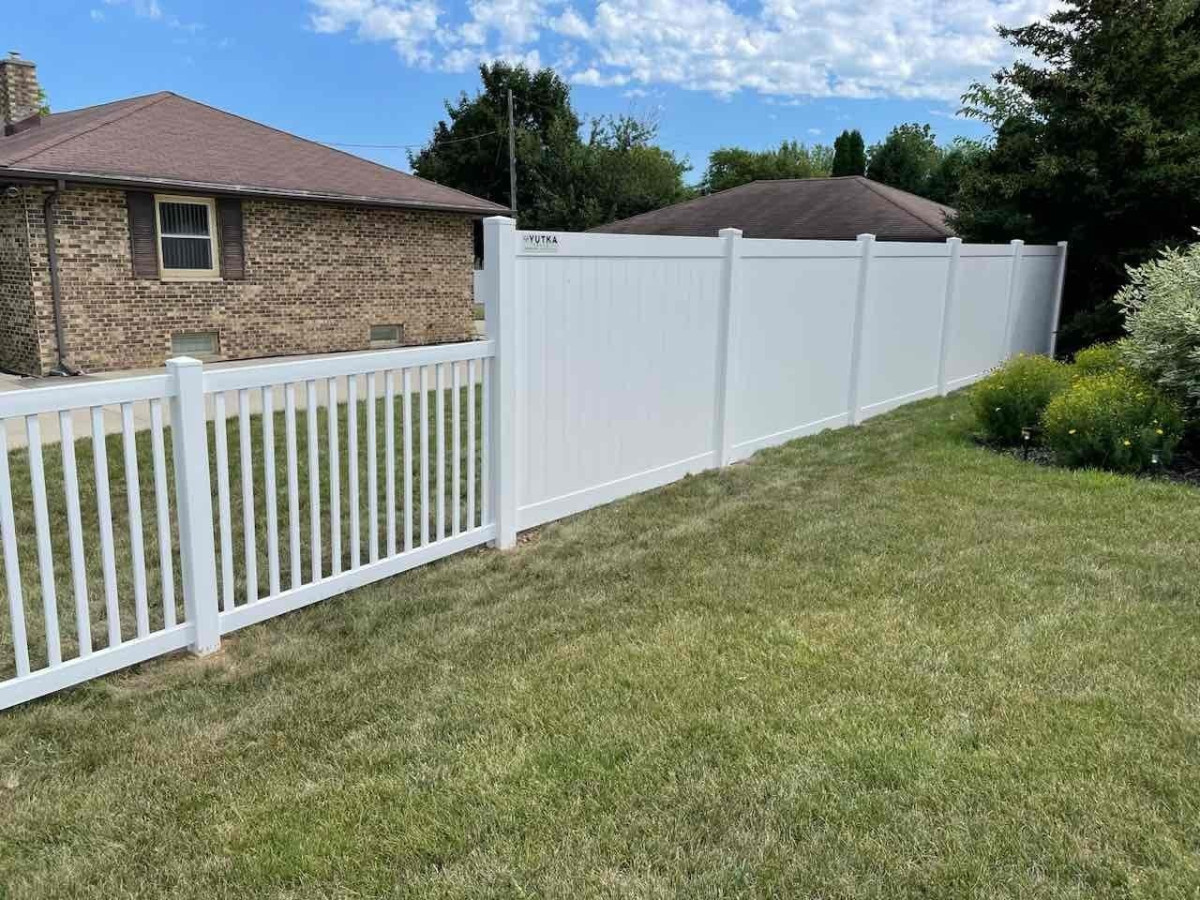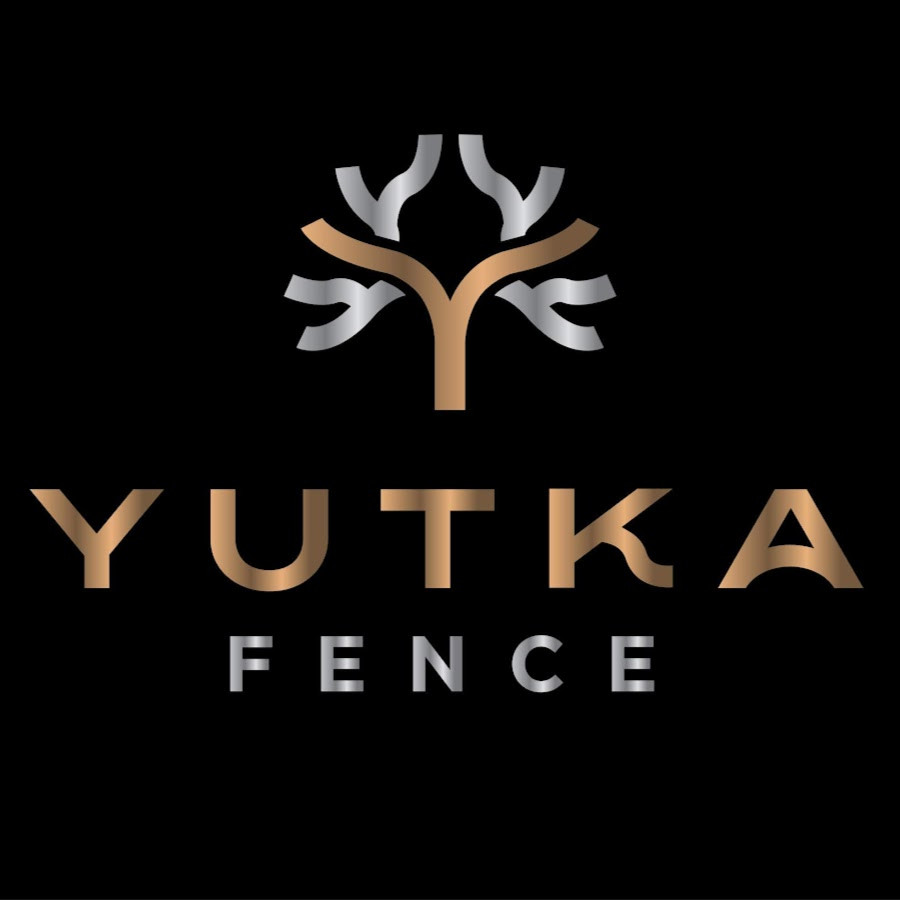Are you wondering how to keep your fence looking great and standing strong for years to come? Maintaining a great-looking fence is essential for boosting curb appeal and preserving property value.
In this guide, we’ll share expert tips to help your Wisconsin fencing last longer, saving you money and enhancing your home’s exterior.
Know Your Residential Fencing Material

Different residential fencing materials have varying lifespans and maintenance needs. With proper care, here’s how long different fencing materials can last:
- Vinyl fencing – 20 to 30 years
- Steel – 20 to 50 years
- Aluminum – 30+ years
- Iron – 50+ years
Wood fences, depending on the specific material, have varying lifespans:
- Spruce – four to seven years
- Pine – five to 12 years
- Cedar – 15 to 30 years
- Treated spruce and pine – up to 20 years
- Treated cedar – up to 40 years
Each fencing material has unique maintenance requirements, so it’s essential to follow the right protocol for your specific fence.
Inspect Fences Regularly

Inspect your fence monthly, checking all sides for issues such as:
- Rotting (wood fences)
- Warping (wood fences)
- Pest damage (wood fences)
- Corrosion (metal fences)
- Rust (metal fences)
- Fading/sunspots (all fences)
- Chipping paint or coatings (all fences)
During rainy months, inspect your fence every two weeks to prevent moisture-related damage.
Preventative Fence Maintenance Tips
Proactive maintenance is key to ensuring your fence lasts as long as possible and helps:
- Extend your fence’s lifespan
- Catch potentially detrimental issues early
- Maintain curb appeal by reducing fading and chipping
- Avoid costly fence repairs in the future
Managing vegetation near your fence prevents trapped moisture, which can lead to structural damage. Trim plants near the fence and remove leaves or debris from the surface.
Adding Protective Coatings
While vinyl fences don’t require coatings, most other materials benefit from protective treatments such as:
- Clear wood sealers to prevent moisture damage
- Water-resistant coatings for wood and metal to prevent corrosion
- Specialized paint and primer for aesthetic and protective purposes
- Galvanized coatings for metal fences to add a corrosion-resistant layer
- Durable powder coatings for metal fences to resist chipping and scratching
Protective coatings not only enhance durability but also improve your fence’s appearance.
Cleaning Your Fence Regularly
Cleaning vinyl fences is easy—just mix soap and water, brush the surface gently, and rinse with a garden hose.
To clean wood fences, use mild detergent and a soft-bristled brush. Scrub all parts of the wood, and if you notice mold or rot, consider replacing the fence to avoid further damage.
For metal fences, use a small brush and non-abrasive soap to clean all surfaces. Avoid abrasive cleaners, as they can damage protective coatings. Look for and remove rust immediately to prevent it from spreading.
Repair and Replace When Needed
Knowing when to repair or replace your fence is crucial. An updated fence not only boosts property value but also enhances curb appeal.
Professional fence contractors can often repair damage or reapply protective coatings, extending your fence’s lifespan. If you notice signs of rot, corrosion, or structural damage, consult an expert to explore repair or replacement options.
Invest in Quality Wisconsin Fence Installation
At Yutka Fence, we specialize in installing secure, high-quality fences in Milwaukee and Kenosha. Whether you prefer wood, chain link, or durable vinyl options, our experienced team delivers exceptional results.
Contact our family-owned fencing company to get a free project estimate today!




